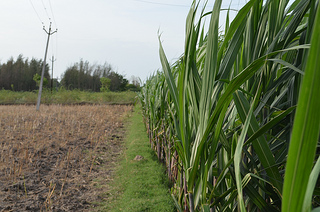FDA Announces Changes to FSMA Rules

President Obama signed the Food Safety Modernization Act (FSMA) into law on January 4, 2011. It marked the biggest food safety reforms that the U.S. has seen in over half a century. Now, the FDA is announcing four new changes to the FSMA that will affect food suppliers and shippers even more.
This article is for Premium Members only. Please login below to read the rest of this article.
Not a Premium Member yet? Become one today.
[login_form redirect=’https://www.procurementbulletin.com/fda-announces-changes-to-fsma-rules’]
[show_to accesslevel=’Premium Members’]
The main goal of the FSMA is to give the FDA more capacity and power to deal with potential food safety problems in the U.S., such as foodborne illnesses and outbreaks. For instance, the FDA can enforce mandatory recalls and block facility registration or production when necessary. The FSMA also places new regulations on food manufactures, farms, and food distributors to ensure the safety and integrity of food for consumers.
In 2013, initiatives were added to the FSMA to create four proposed rules. Then, public comments were solicited and revisions are now going into effect. Here are the original four rules outlined by the FDA:
- Standards for the Growing, Harvesting, Packing, and Holding of Produce for Human Consumption
- Current Good Manufacturing Practice and Hazard Analysis and Risk-Based Preventative Controls for Human Food
- Current Good Manufacturing Practice and Hazard Analysis and Risk-Based Preventative Controls for Food for Animals
- Foreign Supplier Verification Programs for Importers of Food for Humans and Animals
Now, in 2015, the FDA has come up with new standards for farm worker training, hygiene, and health. Additionally, agricultural water, biological soil, and farm equipment will face higher regulations. Food manufacturing and distribution businesses will have two to four years to comply with the new rules depending on the size of their business. The FDA has specifically outlined and defined what types of businesses will be held responsible at each of the compliance deadlines. Small farms are facing the greatest amount of changes due to the FSMA. [/show_to]





